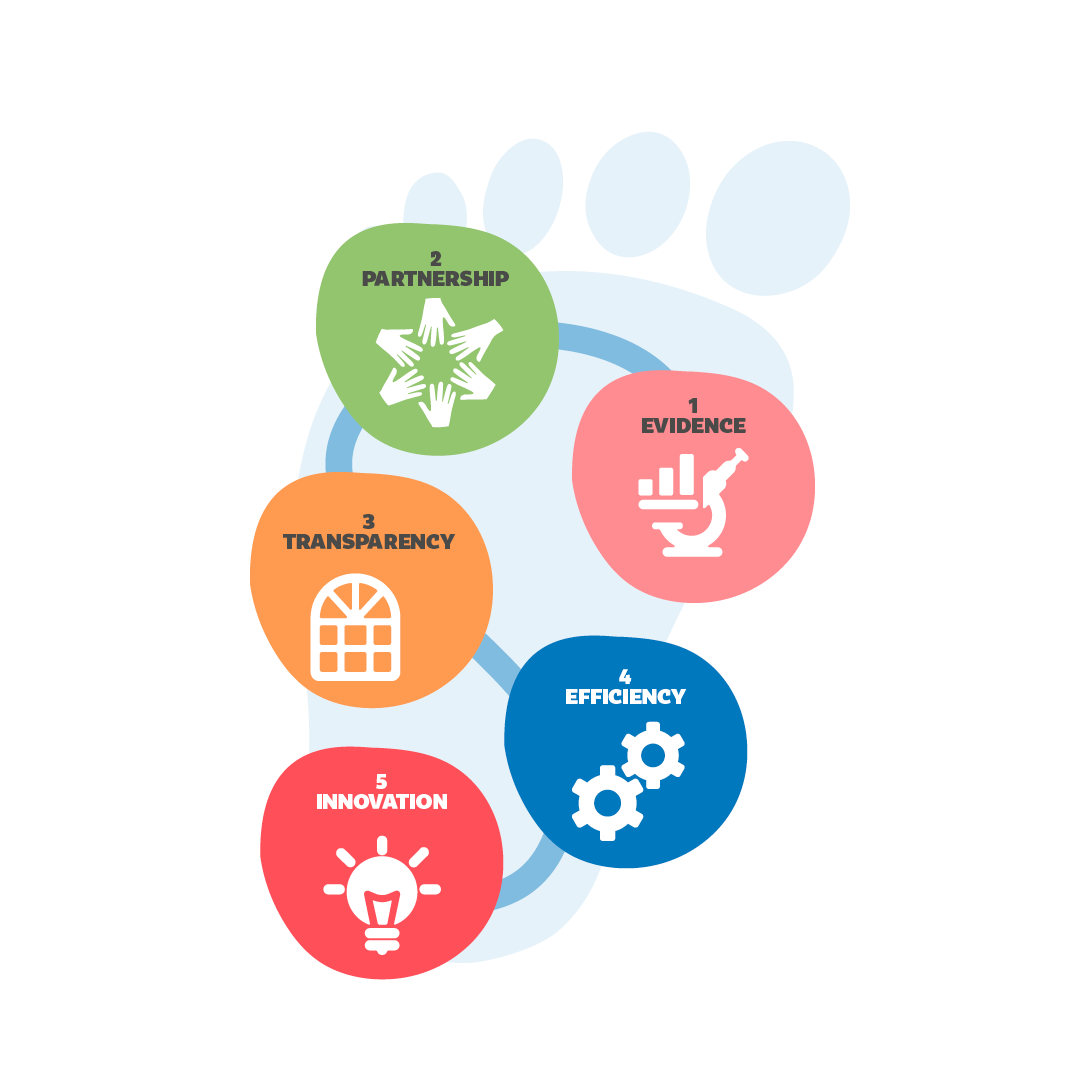Screening can help identify people who are at higher risk of developing a condition before signs or symptoms show. If a person’s screening result is positive, they may be referred for further tests before a diagnosis can be made.
There are several ways to detect genetic and rare conditions earlier, including:
- Newborn hearing screening
- Newborn infant and physical examination (NIPE)
- Newborn blood spot screening
- Screening during pregnancy (prenatal screening). More information on prenatal screening can be found on our member Antenatal Results and Choices (ARC’s) website.
Newborn blood spot screening
When they are five days old, every baby in the UK is offered newborn blood spot screening, also known as the heel prick or Guthrie test. The test involves taking a blood sample to see if a baby has one of ten rare but serious health conditions as part of the NHS Newborn Blood Spot Screening Programme.
Most babies won’t have one of these conditions but for the few who do, the benefits of screening are huge, which is why Genetic Alliance UK promotes opportunities to expand the number of genetic and rare conditions included in the test in line with international best practice. Our recent report Time to decide, explores this in more depth.



